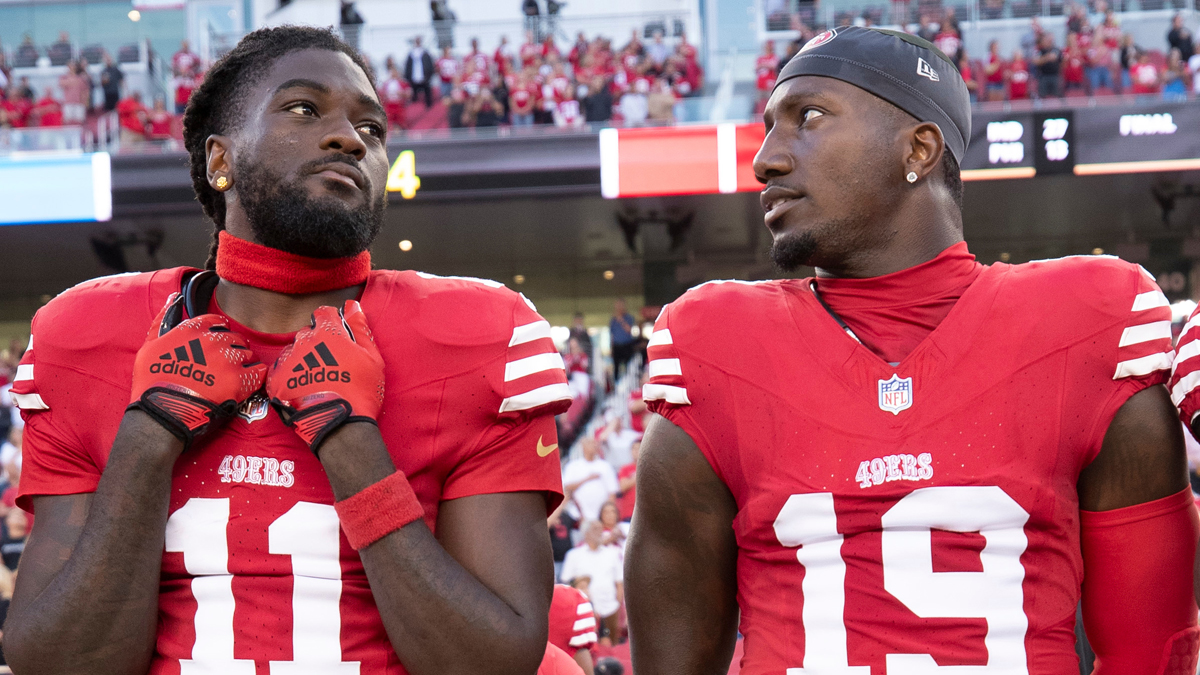In 2011 J. Paul Reddam purchased his champion thoroughbred racehorse, I'll Have Another, for $35,000— a moderate sum in the world of elite horseracing. FIfteen months later, he sold the colt to a Japanese breeder for $10 million.
The transaction was made weeks after the horse won both the Kentucky Derby and Preakness Stakes, earning Reddam a good chunk of the races' combined $3 million in prize money. Reddam had also topped his earnings with a seven-figure win on a six-figure bet, multiplying his initial investment many times over.
“There are obviously people who do hit the proverbial home run,” said Dan Metzger, the President of the Thoroughbred Owners and Breeders Association. “It’s not rare, but they’re not the happens-every-day” sort of wins.
While luck plays a prominent role in horse racing, money doesn’t hurt either, and owners often invest hundreds of thousands of dollars a year on buying and training horses they hope to develop into lucrative contenders. But even those who opt for more moderately priced horses and try to keep costs to a minimum face a long list of fees that are difficult to skirt.
Training bills alone at a mid- to high-level racetrack can run between $30,000 and $50,000 a year. That’s on top of a whole host of other expenses, from vet bills to racing fees, which are simply part of the game.
To cut costs, owners can join a syndicate and share expenses and risk (as well as winnings) with a larger group. But those who want to go it alone should be prepared for a big financial commitment. Here's a sampling of what that commitment might include.
PURCHASE PRICE:
Last year, the average price for a two-year-old horse purchased at auction was higher than that of a new Cadillac XTS or Mercedes Benz E-Class Coupe — $58,112, according to Jockey Club data. Weanlings, which are betwee a few months and one year old and therefore harder to evaluate, went for an average of $40,708, while one-year-old yearlings sold for an average of $54,208.
Most serious buyers also employ the help of a bloodstock agent, who acts as a sort of talent scout and charges about five percent of the purchase price. Vets are also often employed, at varying rates, to give a prospective horse a thorough evaluation, examining everything from x-rays to blood samples, before any money changes hands.
TRAINING:
Training is the principal expense of a racehorse owner. Most trainers charge by the day, which adds up to a staggering price. At smaller tracks, the rate can be as low as $75 a day ($2,250 a month) while larger tracks can cost owners more than $120 a day, or $3,600 a month. Some tracks are all-inclusive, meaning the cost of the trainer, boarding, transport and general maintenance are all included. But that’s not always the case.
VETERINARIAN
A vet is a crucial member of a horse owner’s team. Vet fees vary quite a bit and can range from less than $300 a month to well over $700 a month, according to Ownerview.com.
FARRIER:
Like any sprinter, a racehorse needs the right footwear. This means having a good farrier on hand to provide regular maintenance to a horse's hooves. Shoeing and hoof-trimming cost about $80 to $120 and need to be done every two to four weeks. Horses that require special treatment for damaged hooves will cost more.
INSURANCE:
Since horses can often be a sizable investment, most owners opt for some type of insurance. The most common is full mortality, which provides a payout to the owner equivalent to the horse’s market value in the event it is killed, lost or has to be put down. Plans will run an owner roughly 5 percent of the cost of the horse for one year’s coverage. That means that the owner of a $40,000 horse will pay about $2,000 a year. Some owners opt for additional insurance, like general liability and protection from fire, lightning and transportation accidents. In some states, owners are also required to cover workers' compensation costs for their jockeys.
LICENSING:
Before owners can enter their horse in a race, they must make sure the horse is registered. Registration fees can range from less than $30 to over $200, depending on the state.
NOMINATION:
Entering a high-stakes race can be pricey and begins with a nomination fee, which goes to the total purse (prize money) doled out to the winners. This year the nomination fee for Triple Crown entry ranges from $600, for those who were able to make their nomination by Jan. 27, to $200,000 for latecomers who enter after March 23.
Sports
ENTRY AND STARTING FEES:
Owners are also on the hook for entry and starting fees, which are added to the purse money distributed to the winners of the race. This year, entry and starting fees for each of the Triple Crown races range from $10,000 to $25,000.
JOCKEY FEES:
Once an owner has paid to nominate, enter and start his horse in a race, he faces one final expense: the mount fee, or sum paid to the jockey per race. These fees can be low, but are bumped up for more competitive races. For the Kentucky Derby, for example, this year’s mount fee is $500.



